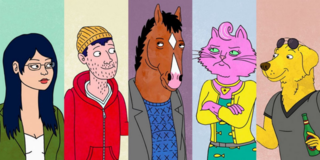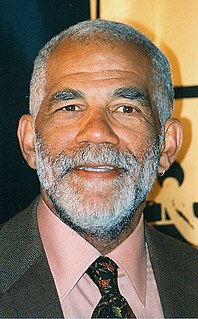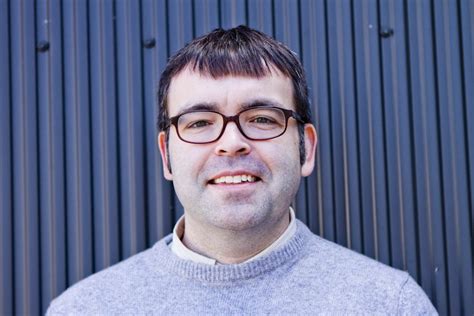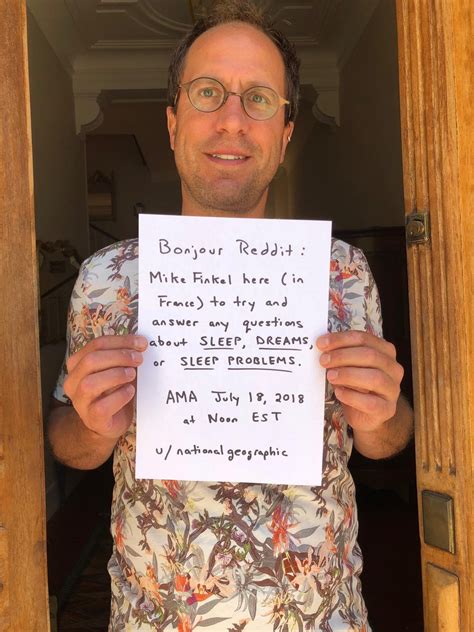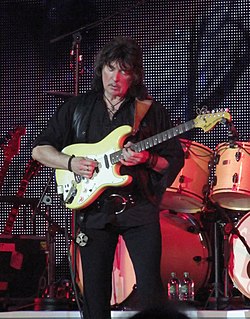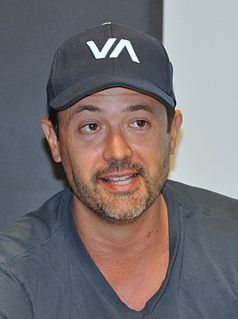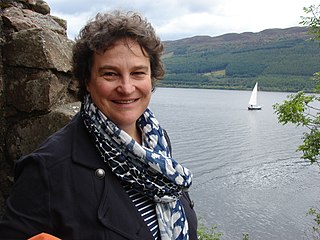A Quote by Joseph Sugarman
All the elements in an advertisement are primarily designed to do one thing and one thing only: get you to read the first sentence of the copy.
Related Quotes
I think '300 Arguments' is a real tiny wallop of a book. It looks very slim, and at first, each little two-sentence or one-sentence thing kind of stands on its own, but again, as you read it, you get sucked into the momentum of it, and the whole of it is much larger than the sum of its parts in a really beautiful way.
When I started graduate school we did this publishing class where we learned about submitting and read interviews with editors from different magazines. A lot of them said they got so many submissions that unless the first page stuck out or the first paragraph or even the first sentence they'll probably send it back. So part of my idea was that if I have a really good first sentence maybe they'll read on a bit further. At least half, maybe more of the stories in Knockemstiff started with the first sentence; I got it down then went from there.
My college roommate gave me her copy of 'Lord of the Rings,' and I read that probably five or six times - not because I think it's the greatest thing ever written, though some people certainly think it is - but the world he creates is so vivid. So real that he designed its own languages, history and mythology.
Some readers read a book as if it were an instruction manual, expecting to understand everything first time, but of course when you write, you put into every sentence an overflow of meaning, and you create in every sentence as many resonances and double meanings and ambiguities as you can possibly pack in there, so that people can read it again and get something new each time.
I recently forced myself to read a book on quantum physics, just to try and learn something new. I was confused by the middle of the first sentence and it all went downhill from there. The only thing I can remember learning is that a parallel universe can theoretically be contained on the head of a needle. I don't really know what that means, but I am now more careful handling needles.
Read non-fiction. History, biology, entomology, mineralogy, paleontology. Get a bodyguard and do fieldwork. Find your inner fish. Don't publish too soon. Not before you have read Thomas Mann in any case. Learn by copying, sentence by sentence some of the masters. Copy Coetzee's or Sebald's sentences and see what happens to your story. Consider creative non-fiction if you want to stay in South Africa. It might be the way to go. Never neglect back and hamstring exercises, otherwise you won't be able to write your novel. One needs one's buttocks to think.
We buy a copy of 'Gravity's Rainbow,' say, and we carry our copy home. We open it; we fall into it. And it is here that the word 'copy' fails. Because what I experience when I read 'Gravity's Rainbow,' or 'Beloved,' or 'The Moviegoer,' is not at all a 'copy' of what you experience when you read the same novel.
The one thing we know about torture is that it was never designed in the first place to get at the actual truth of anything; it was designed in the darkest days of human history to produce false confessions in order to annihilate political and religious dissidents. And that is how it always works: it gets confessions regardless of their accuracy.
